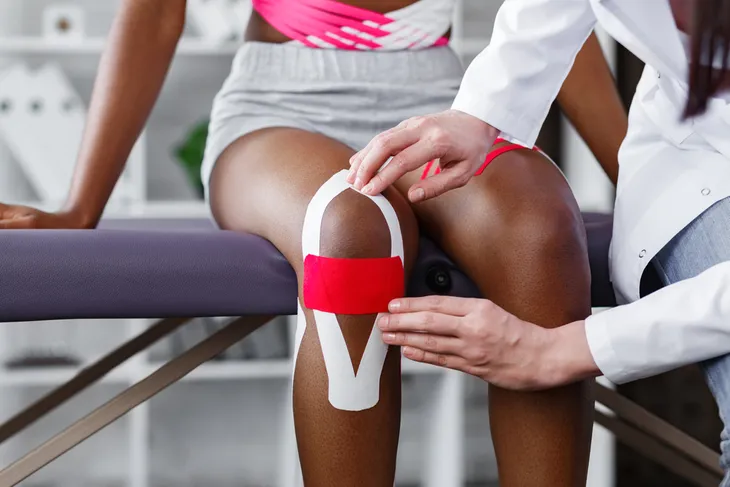We all hear about the so-called tough nuts, those who undergo a serious surgery only to go back to work in a few days. However, doctors provide post-op recommendations (i.e., medications, physical therapies, bed rest, diet advice, etc.) for good reason. When patients choose to ignore their doctor’s advice following a major surgery it can greatly affect recovery and even result in further health issues down the line…
1. Returning to Work Too Soon
A surgery with a lengthy recuperation time can eat into time (and money) you could be spending at work. However, according to research from Cardiff University, doctors will advise against shortening recovery time to return to work too early for many reasons. For instance, patients should be free from the sedative effects of any painkillers before returning to work as well as free of the risk of developing deep vein thrombosis (DVT) after an operation.
Firstly, following a major surgery (especially if you’re on medication and your body is still healing) you’re attention will not fully be on work. So pack your toothbrush and a good book for your hospital stay, but leave the laptop and work cell phone at home until you’re fully recovered.
2. Not Taking Meds as Prescribed
Pain medications prescribed after surgery should be approached with caution. Understandably, many patients are wary of taking them for fear of developing dependence. Other reasons to avoid medications may be related to uncomfortable side effects (i.e., nausea, lightheadedness, constipation).
However, the opposite can also be true, and avoiding medications prescribed for pain following an operation can result in unmanageable pain that interferes with mobility, sleep, appetite, and causes depression.
3. Too Much Rest
Following a surgery, doctors will often advise that you walk daily in order to get blood circulation flowing, digestion on track, and muscles moving again. In fact, according to WebMD, most physicians consider gentle mobility following surgeries for issues like pulmonary embolism or blood clots, essential for recovery. Plus, resting for too long can result in weight gain and physical weakness.
Even if it’s short daily walks until you strengthen your muscles, mobility will strengthen your energy levels, immunity, and even your digestion and bowels so normal bodily functions resume normal operation following surgery.
4. Driving Too Soon
You’ve been out of work and in the hospital for almost a week following a major surgery. For financial reasons, it’s understandable that you want to return to your job as soon as possible. However, you may have a lengthy commute and not the luxury to be able to work from home.
Unfortunately, this may cause you to drive before you’re physically ready even though your doctor told you to avoid driving for a period of time due to a certain medication or due to slow reaction times while your body recovers. Until you can safely drive, please come up with an alternative plan (i.e., carpool, public transit, or work from home).
5. Jumping the Gun on Activity
Akin to being scared to get up and moving, getting active too quick, too soon can impede recovery, particularly if you’re recovering from a heart attack or cardiovascular surgery. According to pulmonary specialists at New York University’s Langone Medical Center, when it comes to heart health, doctors prescribe clear instructions (i.e., don’t lift objects over 10-pounds) in order to help you heal, but avoid setbacks. Maybe you have a green light for simple activities, for instance, but a red light for strenuous ones.
6. Non Compliance with Physical Therapy
In cases of major surgery (i.e., hip surgery), your doctor may recommend physical therapy to help you regain your full strength and mobility. Even a few sessions with a physical therapist can help you learn a series of safe exercises to do on your own at home.
However, it can be difficult to keep your physical therapy appointments and be motivated to do the exercises are your own at home without a professional pushing you.









